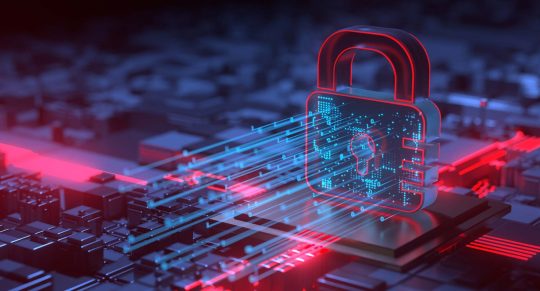Don't wanna be here? Send us removal request.
Text

Public Wi-Fi is Not Safe for Private Work
Imagine sitting at your favorite cafe, connected to free Wi-Fi, answering work emails or making an online payment. Sounds convenient, right? But that free Wi-Fi hotspot could be a trap waiting to steal your sensitive information.
Why Public Wi-Fi is Risky
Public Wi-Fi networks are usually open and unsecured, meaning anyone nearby can potentially intercept the data you send or receive. Hackers can set up fake Wi-Fi hotspots that look real but are designed to capture everything you do online.
What Can Go Wrong?
When you use public Wi-Fi for private tasks like online banking, sending confidential emails, or accessing company files, cybercriminals can:
Steal your login credentials
Capture credit card information
Access your personal and work files
Install malware on your device
All this can happen without you knowing.
Simple Steps to Stay Safe
Avoid doing banking or sensitive work on public Wi-Fi.
Use your mobile data or a secure VPN service to encrypt your connection.
Always log out after using any website or app on public Wi-Fi.
Turn off automatic Wi-Fi connections on your device to avoid joining unknown networks accidentally.
Keep your device’s firewall and security software up to date.
Use two-factor authentication to add extra security to your accounts.
Think Twice Before You Connect
The convenience of free Wi-Fi isn’t worth risking your personal or business information. Always ask the staff for the official Wi-Fi name before connecting, and don’t connect to networks without passwords.
Secure Connections Mean Peace of Mind
Your online safety starts with how you connect. Protect your data by avoiding risky networks and using security tools. A little caution goes a long way in keeping your information safe from cybercriminals.
1 note
·
View note